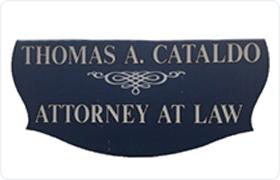Kenvil RICO Act Lawyer, New Jersey
Sponsored Law Firm
-
 x
x

Click For More Info:
-
Thomas A. Cataldo, Attorney at Law
52 South Street Morristown, NJ 07960» view mapCriminal Defense Law Tip The Scales In Your Favor!
Thomas A. Cataldo, Attorney at Law has the legal experience you need at affordable rates that can't be beat.
800-834-4291
Not enough matches for Kenvil RICO Act lawyer.
Below are all Kenvil Criminal lawyers.
Sara Sencer McArdle
Alimony & Spousal Support, Adoption, Criminal, Animal Bite
Status: In Good Standing
FREE CONSULTATION
CONTACTFREE CONSULTATION
CONTACTLawrence D Forster
Juvenile Law, Traffic, Transportation & Shipping, Criminal
Status: In Good Standing Licensed: 39 Years
Anthony Arbore
Traffic, Lawsuit & Dispute, Sexual Harassment, Criminal, Accident & Injury
Status: In Good Standing
 Thomas Cataldo Morristown, NJ
Thomas Cataldo Morristown, NJ Practice AreasExpertise
Practice AreasExpertise
